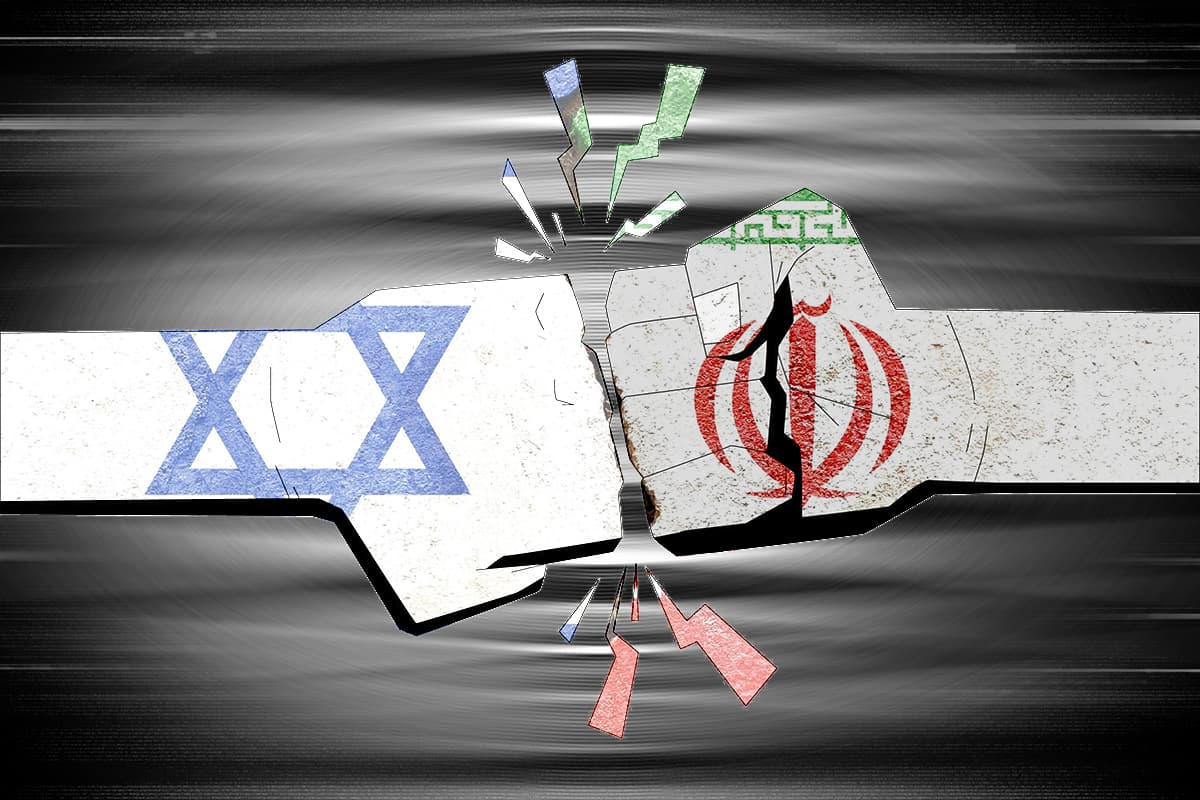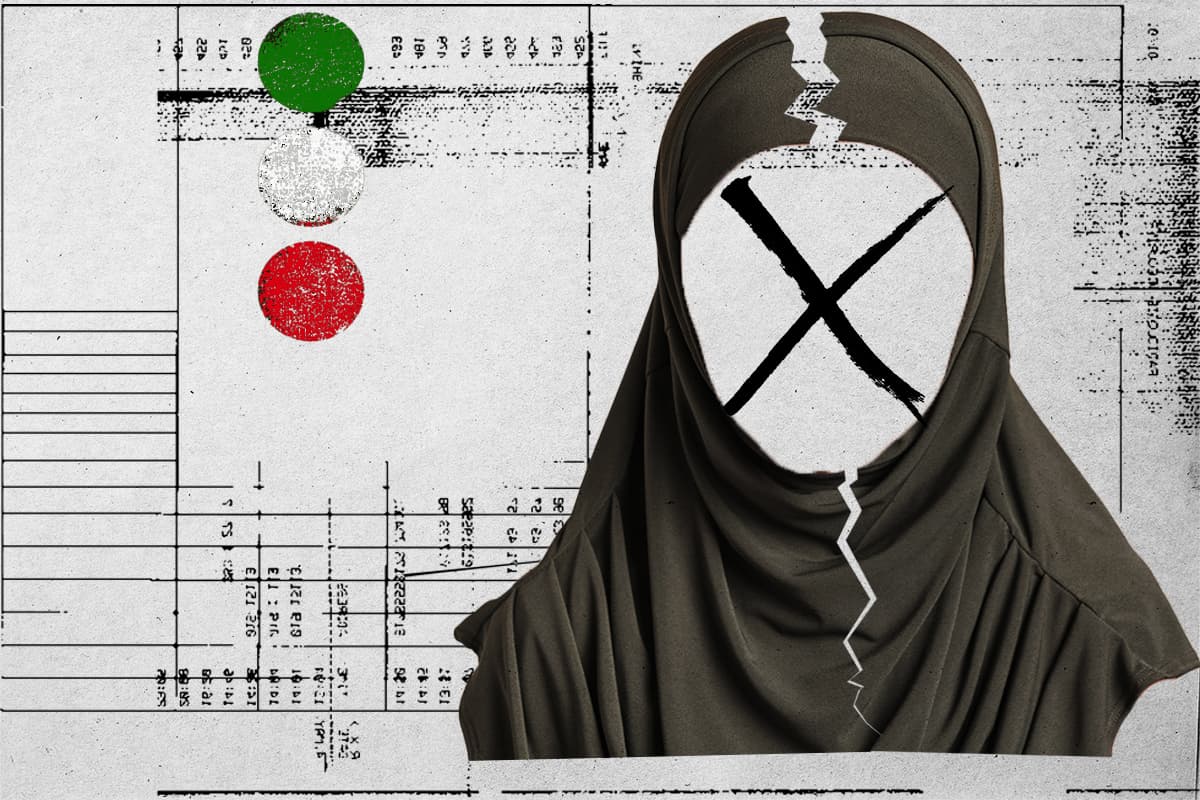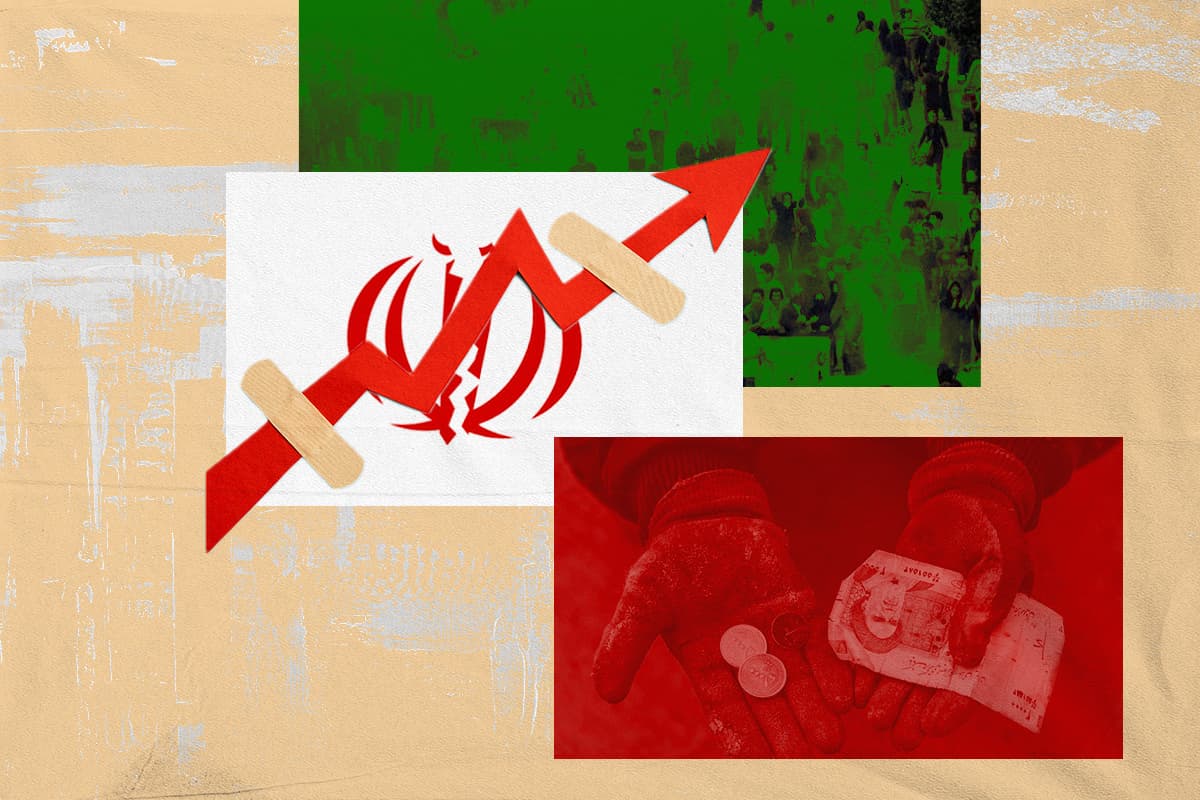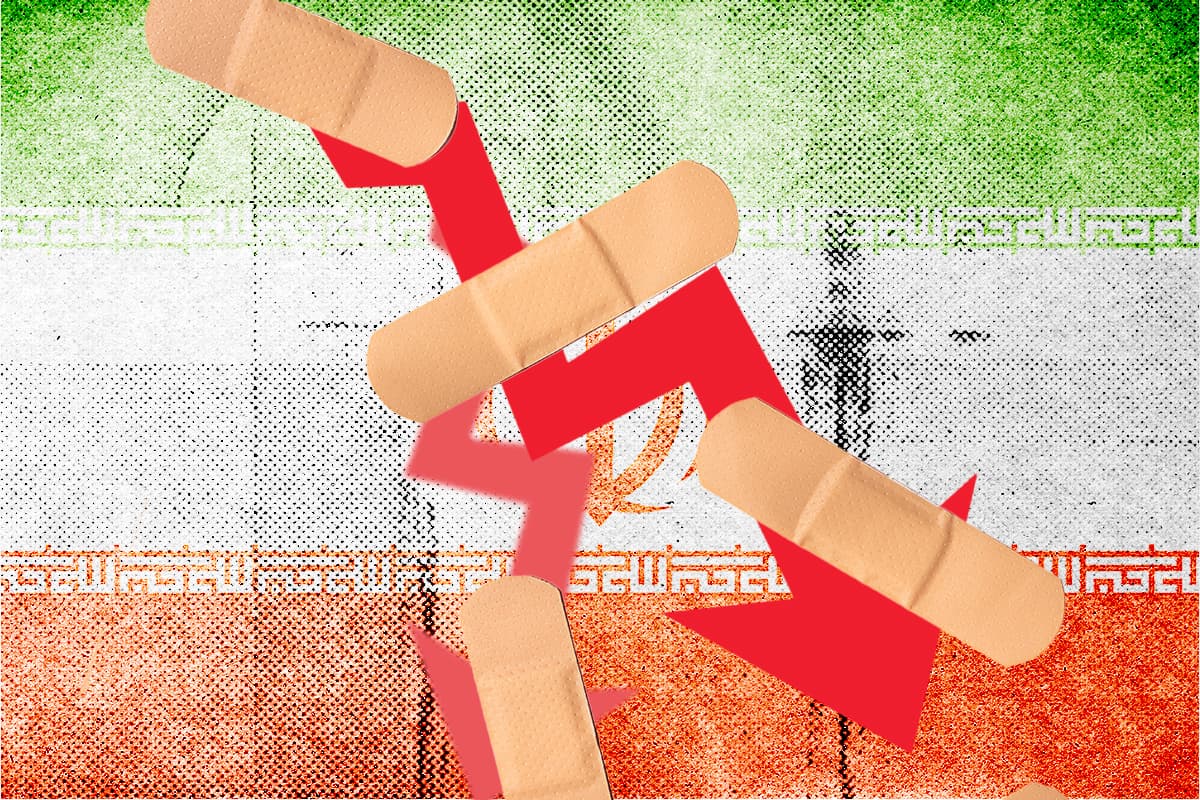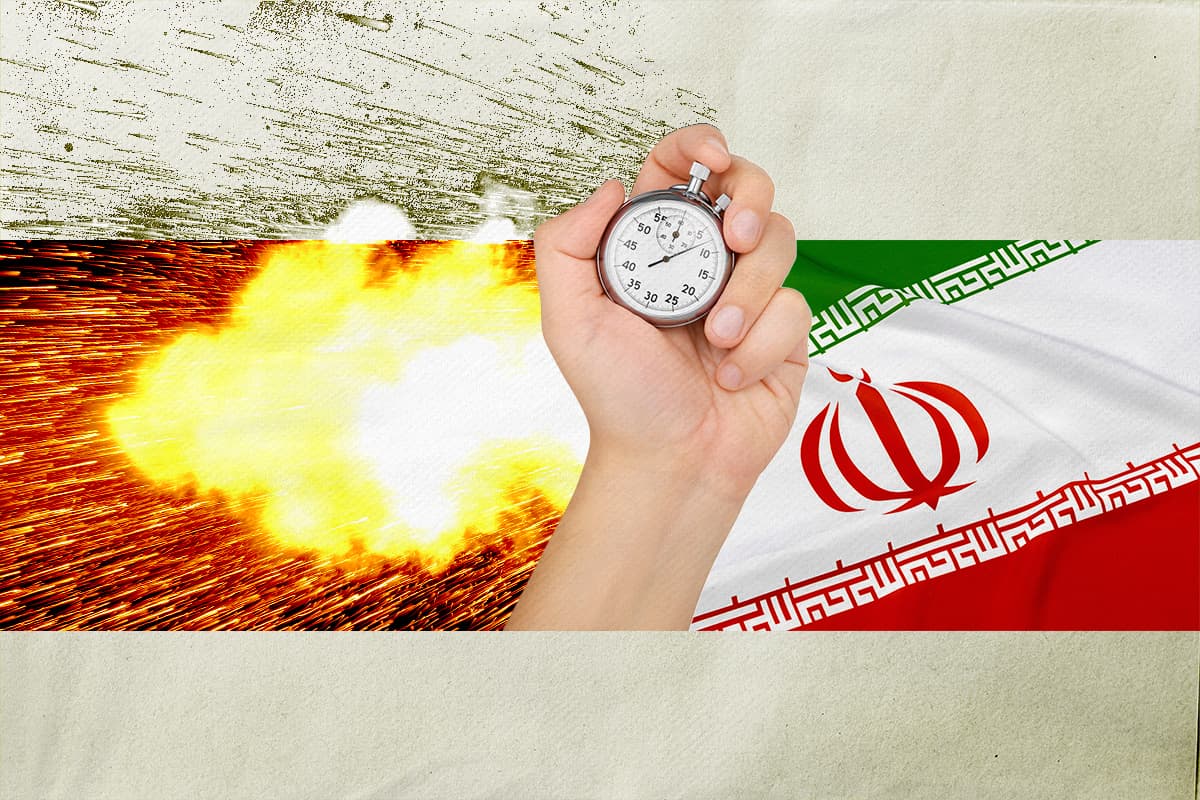Israel and Iran resemble two boxers from two very different weight classes together in the ring—a kind of David and Goliath matchup that rarely occurs in the world of sports. Ordinarily, Israel, the smaller fighter, would not stand a chance against the far bigger Iran, but here the bigger fighter has been flabby, lazy and undisciplined, failing to put in the hard work and train for the fight, while the smaller fighter, which has a powerful sponsor in the U.S., punches way up above its weight. What the bigger fighter lacks in strength and training, it tries to make up for with trash talk in the pre-fight press conference. Once in the ring, however, both fighters circle each other cautiously, each afraid to go for the knock-out blow for fear of giving the opponent an opening for a devastating counter-strike. Instead, each lands a soft punch and awaits a response. And that, in a nutshell, explains today’s Iran-Israel situation after the Jewish state’s 19 April response to Iran’s attack on its soil on 13 April.
It took 12 days for Iran to respond to Israel’s 1 April bombing of the Iranian consulate in Damascus that killed several high-ranking IRGC Quds Force officers, and six days for Israel to hit back. If the interval between action and reaction continues to shorten, that could be a worrisome indicator of an all-out war. For now, however, it seems both sides are playing down the other’s attacks, suggesting neither wants any further escalation. While Israeli officials have indirectly confirmed their country’s involvement in strikes in several localities in Iran on 19 April, Itamar Ben-Gvir, the far-right Israeli minister of national security, has characterized the hit on Iran as “weak.” For their part, Iranian officials have played along with that assessment, brushing off the gravity of unfolding events, despite short-term interruptions in air traffic in several cities, including Tehran, Isfahan and Shiraz. Relying on foreign outlets for events on the ground in Iran—in itself a strange practice, driven by the tendency of Iranian military and intelligence officials to share no information—Iranian media are reporting that Iran’s “passive” defense has knocked down micro air vehicles, not missiles. Siavash Mihandust, a senior army officer, has deliberately used imprecise language, referring to a “suspicious object” having been fired on by air defense in Isfahan and denying any damage, even though other reports show that explosions have shattered windows in some buildings. Explosions were also heard in Tabriz, and these were explained away as the neutralization of “unidentified objects” by air defense. Major General Abdolrahim Musavi, the commander of the army ground forces, has dismissed the Israeli government as a “lunatic” given to stupidity. All of this is in line with the Nezam’s propagandistic portrayal of Israel as too small and powerless to hurt Iran. Hardline MP Mohammad-Esma’il Kowsari, a man with longstanding IRGC connections, believes the unfolding events are not serious enough to merit a response from the Islamic Republic. This being Friday, it was also an opportunity for Friday prayer leaders, who often serve as the Nezam’s mouthpieces, to promote more or less the same message, with a focus on how Iran has “humiliated” its enemy.
Unsurprisingly, social media served as the arena in which supporters and opponents of the Islamic Republic ridiculed one side or the other. Reformist commentator and academic Sadeq Zibakalam pointed out that this marked the end of the first round in the battle and that the slogans about the “extermination” of Israel were very far from fulfilled. That could mean either that the fight will continue into more rounds or that the Islamic Republic should recognize its choice of an unattainable objective and find a face-saving way out of the fight, perhaps go for a draw. Another social media user on X pointed to a billboard in Tehran quoting ABC News about five of Iran’s ballistic missiles having struck Israel’s Nevatim Airbase on 13 April. How is it, the user asked, that Iranian officials resort to a foreign media outlet when it suits them but dismiss a report from the same outlet about high-level Iranian leaders hiding out in shelters? Talking to CNN anchor Erin Burnett, Foreign Minister Hosein Amir-Abdollahian expressed the “hope” that the U.S. would restrain Israel from taking any further action. Both fighters seem to be needing a rest, each for different reasons, but neither seems eager to resume the fight right away.

